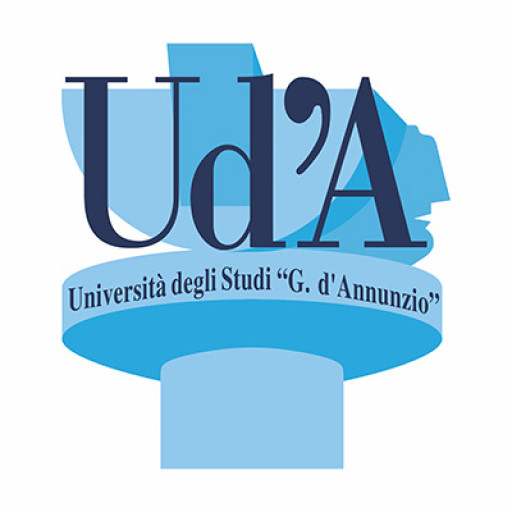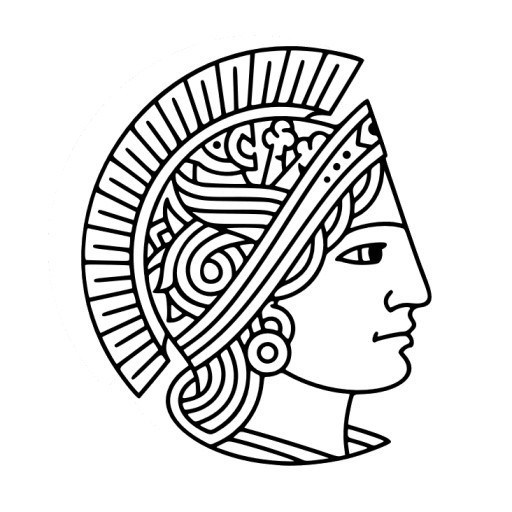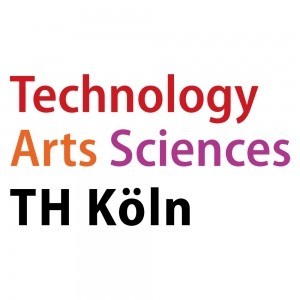Photos of university / #radboud_uni
"Anthropology and Development Studies at Radboud University offers a comprehensive and interdisciplinary education focused on understanding human societies, cultures, and development processes worldwide. This Bachelor's programme provides students with a solid foundation in anthropological theories, ethnographic research methods, and critical perspectives on development issues. Throughout the course, students explore diverse cultural contexts and social structures, gaining insights into how global developments, economic policies, and social inequalities affect communities across the globe. The programme emphasizes active learning through fieldwork, case studies, and collaborative projects, preparing students to analyze complex societal challenges and develop sustainable solutions. Students also learn about relevant topics such as human rights, migration, indigenous peoples, and environmental sustainability, fostering a nuanced understanding of development dynamics. The programme encourages critical thinking, intercultural competence, and ethical awareness, which are essential for careers in international development, NGOs, government agencies, or further academic research. With a focus on both theoretical frameworks and practical skills, graduates are equipped for meaningful engagement in development projects and policy-making processes. Radboud University's vibrant academic community and strong connections with international organizations enhance the learning experience and provide valuable opportunities for internships and fieldwork. By combining anthropology's insights with development studies, students develop a holistic understanding of the social, cultural, and political factors shaping our world, preparing them for impactful careers in addressing global challenges."
Overview of the Anthropology and Development Studies Program at Radboud University
The Anthropology and Development Studies program at Radboud University offers a comprehensive and interdisciplinary approach to understanding human societies, cultures, and their development processes. This program is designed for students who are interested in exploring the complex issues facing societies worldwide, including globalization, migration, poverty, social justice, and cultural diversity. By combining anthropological theories with development studies, students gain valuable insights into how local and global factors interact to shape the lives of individuals and communities.
Throughout the program, students will engage in a variety of academic disciplines such as sociology, economics, politics, and history, providing a well-rounded perspective on development challenges. The curriculum emphasizes both theoretical foundations and practical skills, preparing graduates for careers in research, policy-making, international organizations, NGOs, and community development projects. Students have the opportunity to immerse themselves in diverse cultural contexts through fieldwork assignments, internships, and project work in the Netherlands or abroad.
The program also focuses on critical thinking, ethnographic research methods, and ethical considerations in development work. Students learn to analyze social issues from multiple viewpoints, respecting cultural differences and promoting sustainable solutions. The interactive teaching approach includes lectures, seminars, case studies, and collaborative projects, fostering teamwork and communication skills.
Radboud University is known for its vibrant academic community and close ties with international partners. The Anthropology and Development Studies program encourages international exchange and offers students the chance to attend courses and conduct research abroad, broadening their global perspective. Graduates will be equipped with the knowledge, skills, and ethical awareness necessary to contribute effectively to development initiatives and social change efforts around the world.
In summary, the Anthropology and Development Studies program at Radboud University provides students with a solid academic foundation in understanding human development in a diverse and interconnected world. It prepares students to analyze complex social issues critically and to develop practical interventions that foster sustainable and equitable development. Whether aiming for a career in academia, international organizations, or grassroots development, students will find this program to be a challenging and rewarding educational experience that opens up numerous professional opportunities.
Program requirements for the Master's in Anthropology and Development Studies at Radboud University include a completed Bachelor's degree in Anthropology, Development Studies, or a closely related field from an accredited institution. Applicants must demonstrate proficiency in English, typically through TOEFL or IELTS scores meeting the university's specified minimums. A strong academic record, particularly in relevant coursework, is essential. Candidates are encouraged to submit a motivational letter explaining their interest in the program and their career aspirations, along with a CV detailing academic and relevant professional experiences. While work experience is not mandatory, relevant internships or fieldwork related to anthropology or development subjects can strengthen an application. The selection process may involve interviews or assessments to evaluate the candidate's motivation and suitability for the program. Specialization options within the program include themes such as social and cultural anthropology, development policy, or anthropological research methods. International students must provide a certified translation of their degree certificates if not originally issued in English or Dutch. Additional requirements may include letters of recommendation from academic referees familiar with the applicant's abilities and background. The program emphasizes interdisciplinary approaches and field research, so candidates should have a keen interest in empirical research and cross-cultural analysis. There are no specific prerequisite courses required beyond the general admission criteria, but courses in social sciences, research methodology, or area studies can be advantageous. Prospective students are advised to consult the Radboud University admissions page for the most up-to-date information regarding application deadlines, required documentation, and additional criteria to ensure a complete application.
The Master’s program in Anthropology and Development Studies at Radboud University offers diverse financing options to support students throughout their studies. International students are advised to explore several sources of financial aid, including scholarships, grants, and funding programs tailored for both domestic and international applicants. Radboud University provides a range of scholarships for excellent students, such as the Radboud Scholarship for International Students, which covers partial tuition fees and sometimes includes a stipend for living expenses. Additionally, students can seek scholarships from external organizations, governmental programs, and international foundations that support students pursuing social sciences or development studies.
The university's website offers detailed guidance on applying for financial aid, including deadlines, eligibility criteria, and application procedures. Many students finance their studies through a combination of personal savings, family support, part-time work, and educational loans. Radboud University encourages prospective students to research external funding agencies and international scholarships available for students from their respective countries. Moreover, the university’s student services and financial aid offices assist students in financial planning, providing information about budgeting, work-study opportunities, and tips on managing tuition and living costs effectively.
Students are also encouraged to consider potential part-time employment opportunities on or near campus, which can help offset expenses while gaining valuable work experience. Overall, financing a Master’s program in Anthropology and Development Studies requires careful planning and exploration of all available options. The combination of university-sponsored scholarships, external funding sources, and personal financial management can make studying at Radboud University economically feasible for many students. For specific, up-to-date information regarding available scholarships and financial aid programs, applicants should consult the official Radboud University website or contact the university’s financial aid office directly.
The Master's programme in Anthropology and Development Studies at Radboud University offers a comprehensive exploration of human societies, their development processes, and the cultural, political, and economic factors that influence global change. This interdisciplinary program is designed for students who are interested in understanding the diversity of human life and the challenges faced by societies in a rapidly changing world. The curriculum combines anthropological theories and methodologies with development studies, ensuring students acquire both deep conceptual knowledge and practical skills.
Throughout the programme, students examine topics such as poverty reduction, social justice, cultural identity, migration, and environmental sustainability. They learn to analyze complex issues from multiple perspectives and develop critical thinking skills necessary for careers in policy, research, and development organizations. The programme emphasizes qualitative and quantitative research methods, enabling students to conduct fieldwork and data analysis effectively.
Students have opportunities to engage in fieldwork, both locally and internationally, gaining valuable practical experience. The programme also promotes interdisciplinary collaboration, encouraging students to work across different fields to develop innovative solutions to development challenges. The faculty members are experts in anthropology, development studies, and related disciplines, providing mentorship and guidance to students throughout their studies.
Graduates of the programme are well-equipped to pursue careers in NGOs, international organizations, government agencies, and academic institutions. They are prepared to contribute to sustainable development, social policy, and research initiatives that aim to improve human welfare and social justice globally. The programme’s flexible structure allows students to tailor their study path according to their interests and career objectives. Overall, the Master's in Anthropology and Development Studies at Radboud University is ideal for students passionate about understanding human diversity and actively contributing to positive societal change.
(1,596 characters)









